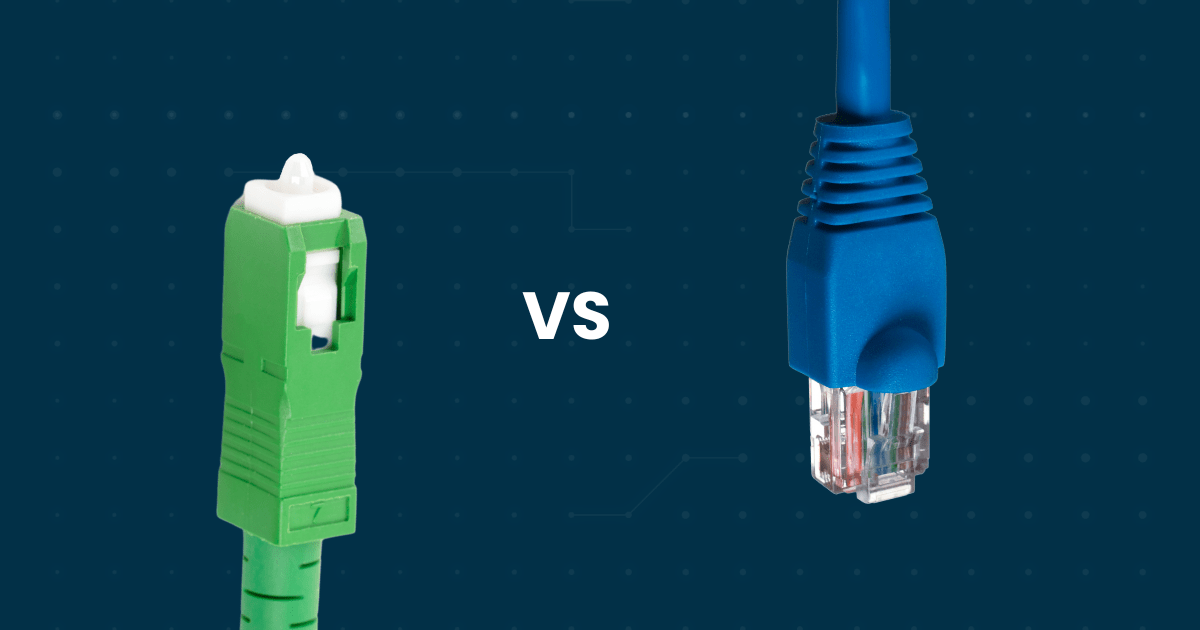Threats to Technological Innovation on Cities: Why GPON Implementation is in Danger?

As we mentioned in previous articles, GPON (Gigabit Passive Optical Network) technology has several significant advantages over conventional copper pair networks.
These include much higher bandwidth available per user, higher network reliability with MTBF (Mean Time Between Fail) of over 50.000 hours, greatly increased data security supported by TDM protocol and encryption, physical network longevity since we don't need to replace cables every time we want to expand network bandwidth, and reduced CAPEX and OPEX, especially power consumption, because we no longer need AC or UPS or several racks spread throughout the facility, among many other advantages.
Considering all this, which we already know, a question arises:
With so many advantages, why isn't GPON being implemented?
Only because of the resistance to change of the people who manage networks.
From the point of view of those who manage the current networks, network equipment manufacturers (switches) and IT service providers, this change will jeopardize the status quo installed.
By saying that we can do without technical rooms scattered around the buildings, we are discarding support equipment for these rooms such as UPS's, Air Conditioning, and access control; by saying that we can dismiss switches in each of these rooms that we will not need; by saying that network management will need fewer technicians... We are spreading panic among those who sell these products, among those who think they will lose their jobs or the strength of their department if this solution is implemented.
Of course, this is very shortsighted and as mentioned above: Resistance to change.
But this change is going to happen, with or without resistance, networks are going to migrate from a traditional point-to-point concept to GPON point-to-multipoint.
Network managers are going to have to get out of their comfort zone, to have to update themselves, and learn to think differently. But they will still be needed. They will just stop having to worry about the repetitive tasks of network management and start thinking about other issues that could be much more challenging for them and much more useful for those who hire them (cybersecurity, new services on the network, etc.) - either as employees or as service providers.
And for some people this is scary!
So, as it scares them, they opt for the most comfortable solution: to advise the CEO's that this type of network does not work, that it is not reliable, if it was it would have been implemented a long time ago.
Why we shouldn’t we be afraid of GPON
GPON has been in place for a long time, in almost all communications operators around the world. It is with this network technology that the operators reach our homes and the routers that we have at the entrance of our houses.
Imagine saying that GPON network is not suitable for a company because it is unreliable, there are no technicians to manage it, etc., but then it shows itself viable for 90% of the world's communications operators… And the other 10% use EPON technology, which is similar to GPON from an operational point of view.
The only difference between enterprise GPON networks (FiberLan) and operator GPON networks is the scale of these networks. For operators it is a metropolitan network and FiberLan is at the scale of an enterprise. Everything else is the same, including terminal equipment (the router we have at home is the same as in these networks).
The update of a traditional network technician into a GPON network manager implies a training with a duration between 1 to 2 days. This time is enough to have knowledge of network operation and to be open to change.
This "fear of the unknown", that comes from IT managers, has created a series of myths that BICSI (Building Industry Consulting Service International) debunks in this document which, besides myth busting, gives also a list of entities (in the USA) that already use the GPON technology, and a comparison between Ethernet and GPON networks: MYTHBUSTERS: The Honest Facts About Gigabit Passive Optical Networks (GPON)


